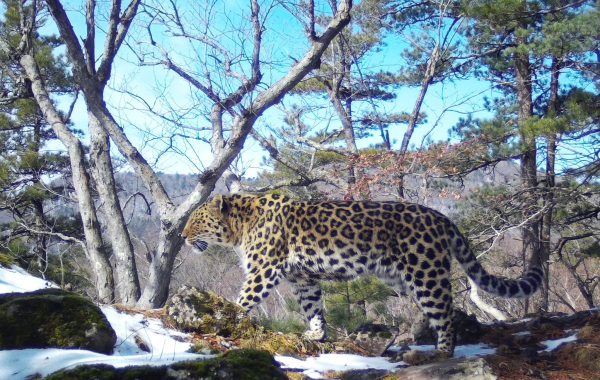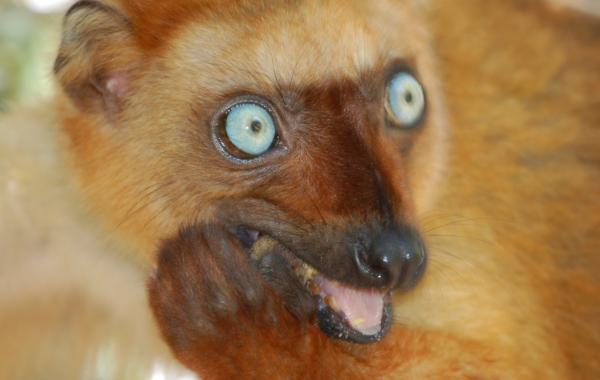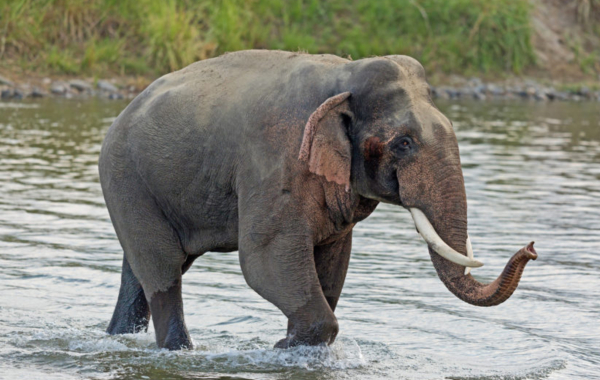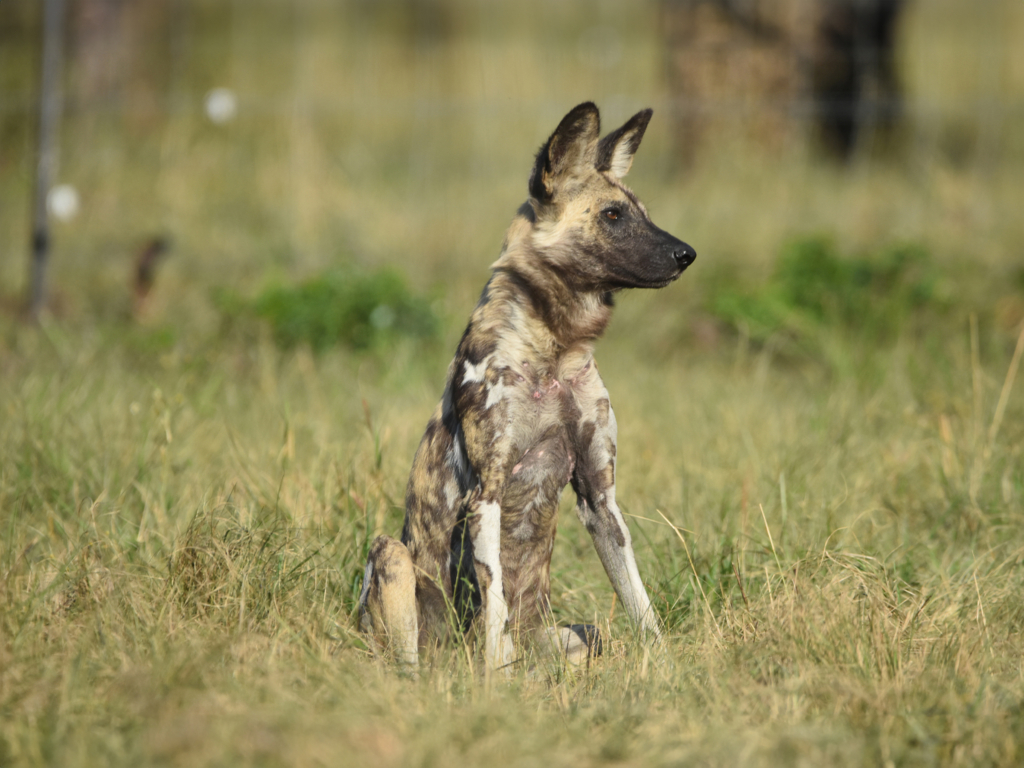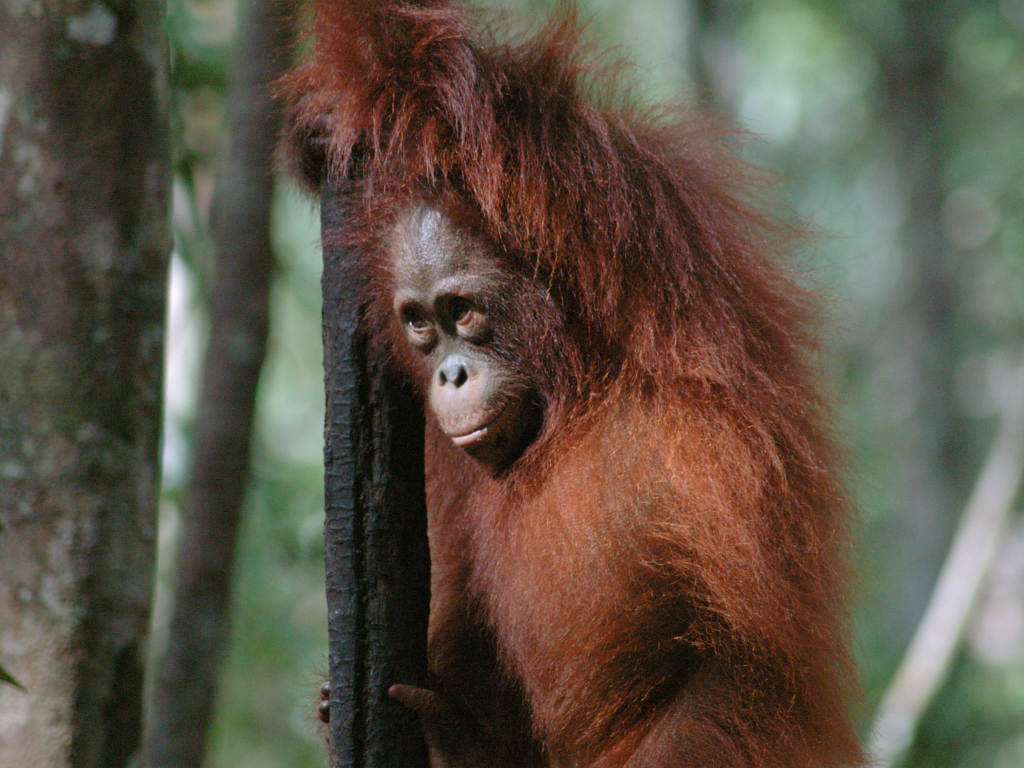
Supporting since 2010
Location
Lamandau River Wildlife Reserve, Borneo
Support started
2010
Species
Bornean Orangutan
Mission
The Orangutan Foundation is the world’s foremost orangutan conservation organisation. They are saving Asia’s endangered great ape by protecting their tropical forest habitat, working with local communities and promoting research and education.
Donations:
Donations go towards the vet’s annual salary, post-release monitoring of the Bornean orangutan population in the Lamandau Wildlife Reserve and veterinary equipment for a wildlife clinic.
2025:
£7,500 donated this year.
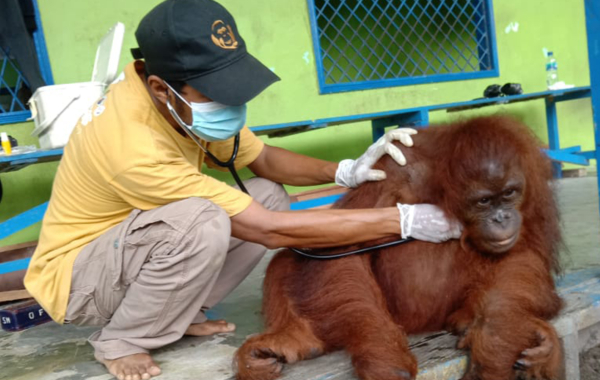
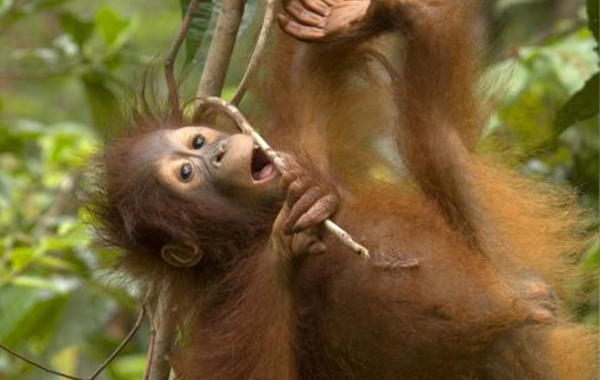
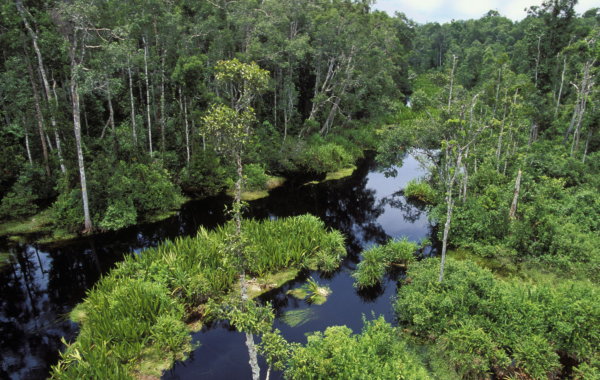
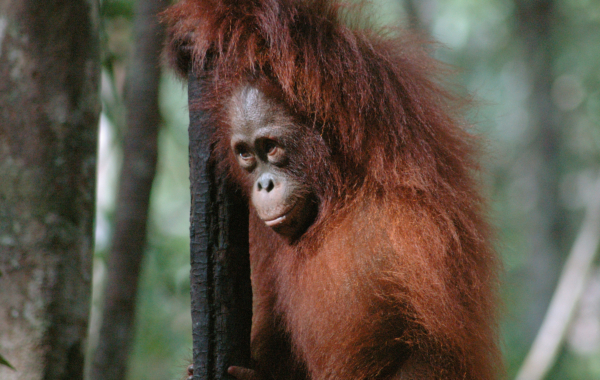
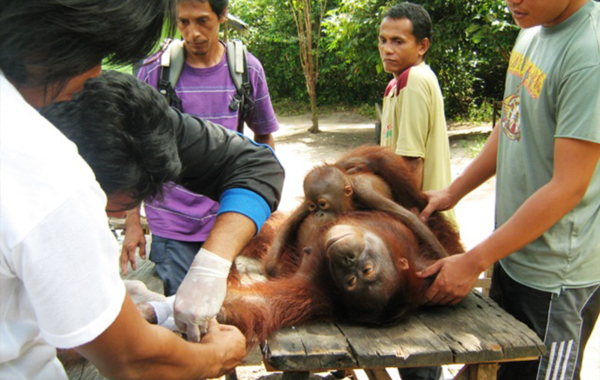
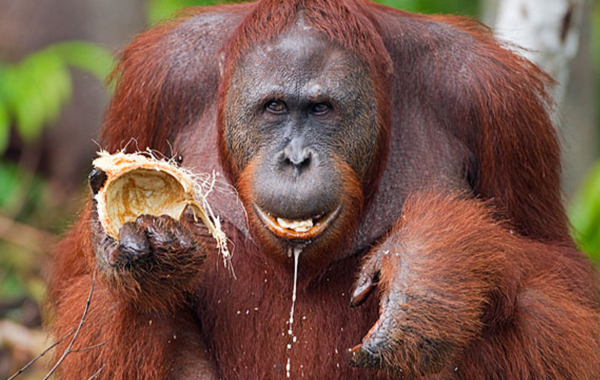
Background
The Orangutan Foundation, founded in 1990, works to protect the orangutan’s tropical forest habitat, support local communities, who are as dependent on the forest as the orangutans, and promote research and education.
The Lamandau Wildlife Reserve is a conservation area spanning over 158,000 acres in western Central Kalimantan, Indonesian Borneo, that was established as a protected area in 1998 from two former logging concessions. The reserve is protected by manned guard posts, strategically located at important waterways, enabling the team to report any illegal activity. The Foundation also operates five orangutan post-release monitoring camps where field teams care for orphaned orangutans in a soft-release reintroduction programme and continuously monitor orangutans in the surrounding forest. By doing this, they can keep detailed records of wild and reintroduced orangutans and also provide essential medical attention and supplementary food when required. Two vets are responsible for the health and wellbeing of the orangutans. The young orangutans in the soft-release programme learn forest skills necessary for life in the wild and, once fully prepared, are then ready for release.
Achievements and Objectives
The Orangutan Foundation is working to save orangutans by protecting their tropical forest habitat, working with local communities, and promoting research and education. Through their reintroduction programme, the Orangutan Foundation has helped to create and maintain a viable, self-sustaining orangutan population of over 600 individuals in the reserve, as well as increasing the area of prime forest habitat under conservation by 29%.
From time to time, situations arise outside of the protected reserve that require the team to help with the rescue and translocation of wildlife in need. These rescues normally involve orangutans spotted in or near community lands or plantations, potentially putting them at risk of human-animal conflict. Veterinary assistance ensures the highest welfare standards are available to expertly treat these orangutans straight away before release into the Lamandau Wildlife Reserve.
In 2025, Colchester Zoological Society gave a contribution of £7,500 to cover veterinary care, post-release monitoring of orangutans within the Lamandau Wildlife Reserve, Indonesian Borneo, and veterinary equipment.
As habitat loss and forest fires continue to encroach into forests year on year, the need for wildlife veterinary aid becomes more critical. The Orangutan Foundation operates four orangutan post-release monitoring camps within the Lamandau Wildlife Reserve, a reserve spanning almost 160,000 acres. At these camps, field teams care for orphaned orangutans in a soft-release programme and continuously monitor orangutans in the surrounding forest.
The orangutans in the soft-release programme learn the skills necessary for an independent life in the wild, namely nest building and foraging for food, and they are released once they have mastered these skills. One of the vets visits each camp weekly to provide medical monitoring and care for orangutans and other animal species when required.
Male orangutan, Adib, around 10 years old, was released in April 2025 and ten-year-old female, Mona, was released in October 2025. As with every release, the orangutans were followed for 10 days post release to ensure that they were adapting to an independent life in the wild.
From time to time, situations arise where the team help with the rescue and translocation of orangutans stranded in threatened areas, such as community land and fragmented sections of forest. Veterinary assistance ensures the highest welfare standards are available to expertly treat these orangutans straight away before release. Four infants were handed over in 2025 to join the soft-release programme and will spend the next 7-8 years being cared for by staff as they learn the skills required to allow them to eventually live independently in the wild.
To date the team have recorded over 100 orangutan births in the wild with five births in 2025. Four ex-captives – Mores, Holahonolulu, Sugih and Acuy – as well as Amina, Acuy’s daughter, all gave birth to healthy infants and are settling in well to motherhood. These births mark the success of reintroduction programmes for orangutans and highlight the importance of conserving optimum habitats for future generations; this is a genuine indicator that the protected habitat is a sanctuary for this critically endangered species.
Click for 2024 Summary
- In 2024, Colchester Zoological Society gave a contribution of £7,500 to cover a vet salary, post-release monitoring of the Bornean orangutan population in the Lamandau Wildlife Reserve and veterinary equipment for a wildlife clinic.
- Highlights from 2024 confirm a wild birth to one of the females, after seven years of learning, an orphaned orangutan graduated from the soft-release programme and started a new chapter in the protected Lamandau Wildlife Reserve, and the other orangutans in the soft-release programme also progressed well.
- Approximately 550,000 acres of critical rainforest habitat continues to be protected through guard posts and patrols, with over 5,000 orangutans in Lamandau Wildlife Reserve and Tanjung Puting National Park safe-guarded through the habitat protection programme.
- Reforestation also continued in over 40 hectares of degraded rainforest habitat. 36,500 saplings were planted in over 30 hectares of degraded rainforest. A further 14.4 hectares of saplings planted in previous years were also maintained through the process of ‘enrichment’, where failing tree-saplings are replaced by stronger ones. A total of 7,000 plants from 7 different species were used in this process to increase local rainforest diversity and success rates.
- Fortunately, the dry season was not as arid as expected, with only two forest fires needing to be extinguished in Lamandau Wildlife Reserve. Staff also built wells – ‘boreholes’ – to encourage the growth of wetter, fire-resistant vegetation, and to provide water sources for firefighting in fire-prone forest areas.

